Intro
Discover 5 effective E Coli treatments, including antibiotics, probiotics, and natural remedies, to combat E Coli infection symptoms, prevent complications, and promote gut health recovery with alternative therapies.
The presence of E. coli in the human body can lead to a range of health issues, from mild discomfort to life-threatening conditions. Understanding the importance of addressing E. coli infections promptly and effectively is crucial for maintaining overall health and preventing complications. E. coli, or Escherichia coli, is a type of bacteria that is commonly found in the environment, foods, and the intestines of humans and animals. While most strains of E. coli are harmless, some can cause severe food poisoning, urinary tract infections, and other diseases. The key to managing E. coli infections lies in early detection and appropriate treatment.
E. coli infections can manifest in various ways, depending on the strain of the bacteria and the individual's health status. Symptoms may include diarrhea, abdominal cramps, fever, and vomiting. In severe cases, E. coli infections can lead to kidney failure, anemia, and even death. The economic burden of E. coli infections is also significant, with millions of dollars spent annually on healthcare costs, lost productivity, and food recalls. Given the potential severity and far-reaching impact of E. coli infections, it is essential to explore effective treatment options that can mitigate symptoms, prevent complications, and promote recovery.
The treatment of E. coli infections often involves a combination of supportive care, antibiotics, and, in some cases, hospitalization. Supportive care focuses on managing symptoms, such as dehydration, and may include oral rehydration solutions, rest, and a bland diet. Antibiotics are typically prescribed for severe infections or when the risk of complications is high. However, the misuse and overuse of antibiotics have contributed to the emergence of antibiotic-resistant E. coli strains, making treatment more challenging. Therefore, it is crucial to adopt a comprehensive approach to E. coli treatment, considering both conventional and alternative therapies.
Introduction to E. coli Treatments
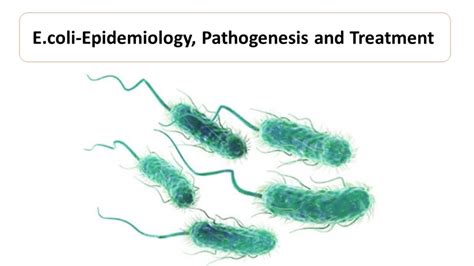
Understanding E. coli Infections
E. coli infections can be categorized into several types, each with distinct characteristics and treatment approaches. The most common types of E. coli infections include urinary tract infections (UTIs), gastrointestinal infections, and pneumonia. UTIs occur when E. coli bacteria enter the urinary tract, causing symptoms such as burning during urination, frequent urination, and abdominal pain. Gastrointestinal infections, on the other hand, result from the consumption of contaminated food or water, leading to diarrhea, vomiting, and stomach cramps. Pneumonia caused by E. coli is a more severe condition, requiring prompt medical attention to prevent complications.Supportive Care for E. coli Infections
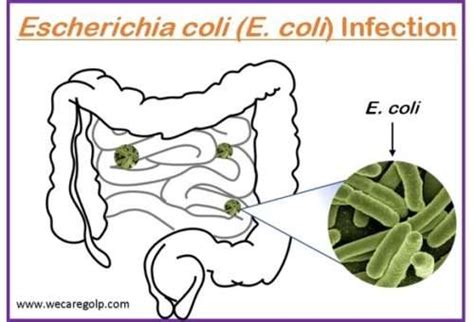
Antibiotic Treatment for E. coli Infections
Antibiotics are often prescribed for severe E. coli infections or when the risk of complications is high. The choice of antibiotic depends on the type of E. coli strain, the severity of the infection, and the individual's medical history. Commonly used antibiotics for E. coli infections include trimethoprim-sulfamethoxazole, ciprofloxacin, and amoxicillin-clavulanate. However, the overuse and misuse of antibiotics have contributed to the emergence of antibiotic-resistant E. coli strains, making treatment more challenging. Therefore, it is crucial to use antibiotics judiciously and only under the guidance of a healthcare professional.Alternative Therapies for E. coli Infections
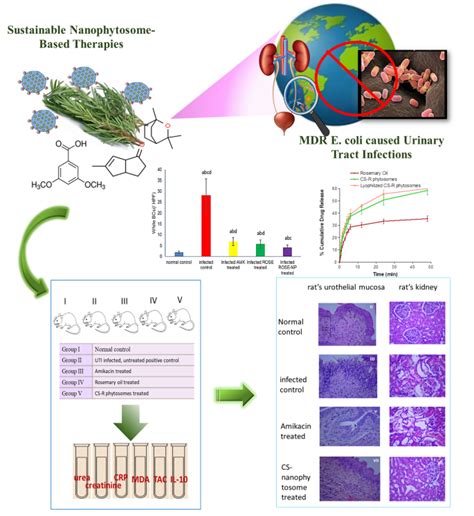
Prevention of E. coli Infections
Prevention is key to reducing the risk of E. coli infections. Simple measures, such as practicing good hygiene, avoiding contaminated foods and water, and cooking food thoroughly, can significantly reduce the risk of infection. Regular handwashing, particularly after using the bathroom or before handling food, can help prevent the spread of E. coli bacteria. Avoiding close contact with individuals who have E. coli infections and staying home from work or school when symptoms occur can also help prevent the spread of the infection.Complications of E. coli Infections
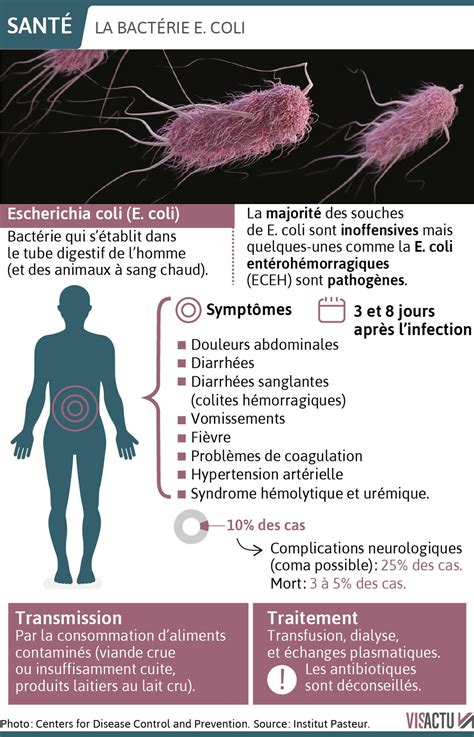
Current Research on E. coli Treatments
Current research on E. coli treatments focuses on developing more effective and targeted therapies, including new antibiotics, vaccines, and alternative therapies. The emergence of antibiotic-resistant E. coli strains has highlighted the need for innovative approaches to treatment. Researchers are exploring the use of bacteriophages, viruses that specifically target bacteria, as a potential treatment for E. coli infections. Additionally, studies on the human microbiome have shed light on the complex interactions between the gut microbiome and E. coli bacteria, paving the way for novel therapies that modulate the gut microbiome to prevent and treat E. coli infections.Conclusion and Future Directions
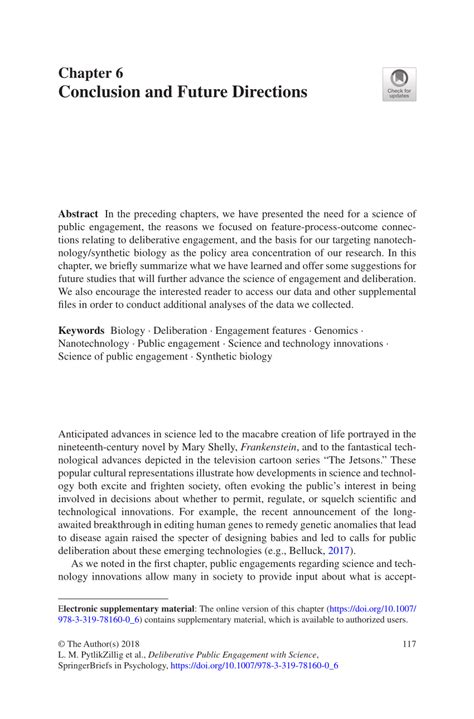
What are the common symptoms of E. coli infections?
+Common symptoms of E. coli infections include diarrhea, abdominal cramps, fever, and vomiting. In severe cases, symptoms may include kidney failure, anemia, and pneumonia.
How can E. coli infections be prevented?
+E. coli infections can be prevented by practicing good hygiene, avoiding contaminated foods and water, and cooking food thoroughly. Regular handwashing, particularly after using the bathroom or before handling food, can also help prevent the spread of E. coli bacteria.
What are the potential complications of E. coli infections?
+Potential complications of E. coli infections include kidney failure, anemia, pneumonia, and sepsis. In severe cases, E. coli infections can be life-threatening, requiring prompt medical attention.
We invite you to share your thoughts and experiences with E. coli infections and their treatments. Your feedback and insights can help others better understand and manage these infections. Please feel free to comment below, and we will respond promptly to your inquiries. Additionally, if you found this article informative and helpful, we encourage you to share it with others who may benefit from this information. By working together, we can promote awareness and education about E. coli infections and their treatments, ultimately improving public health and well-being.
